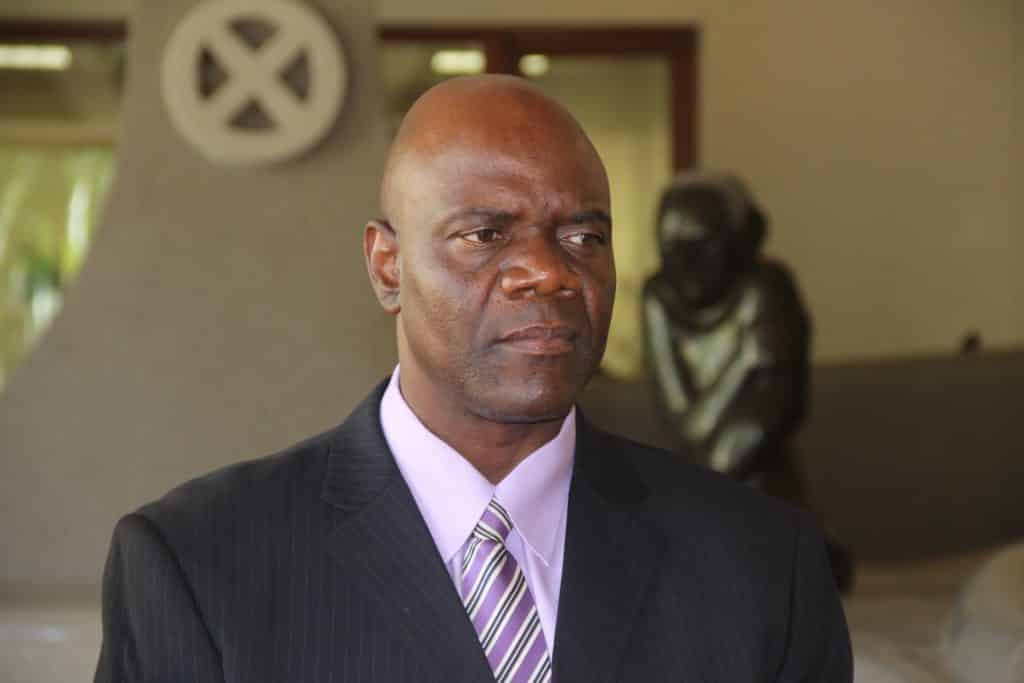
ROBOTICS professor and former deputy Prime Minister Arthur Mutambara has urged the government to work with Sadc and AU to leverage on the artificial intelligence (AI) revolution taking over the globe.
With the growth of AI applications such as Chat GPT, Bing AI Chat, and Google Bard there has been an increase in companies wanting to leverage on those technologies to simplify and automate business processes.
Speaking at the 2023 Zimbabwe National Chamber of Commerce (ZNCC) State of the Industry and Commerce Conference last week, Mutambara said power challenges must be resolved for AI to thrive.
“We need not to forget the big issue of continental integration. Zimbabwe will not be able to be ready for AI without Sadc or the AU. We need economies of scale, good old-fashioned integration in political units. We need innovation and entrepreneurs, infrastructure, and power. You cannot do AI without power,” Mutambara said.
“We need to join in the regional projects like the Batoka project. Again, as ZNCC and Zimbabwe, why don’t you work together with Sadc to get the Batoka project going? Once we do Batoka, we have enough energy for the entire continent. Zimbabwe cannot do it alone or Zambia. I am so enthusiastic about Sadc and Africa. We can do little without working together.”
He urged Zimbabwe to put more effort in investing in renewable energy to be able to adopt AI and address power challenges in the country.
“Energy is a major problem because without power there is no AI. AI programmes require so much power. We must generate enough energy to run the industry and on the other end, we must generate energy for AI. Our energy problem has doubled, so we need to focus on renewable energy,” Mutambara said.
Apart from working on renewable energy projects, Mutambara urged the country to invest in battery energy systems to store energy for future use.
- Mavhunga puts DeMbare into Chibuku quarterfinals
- Bulls to charge into Zimbabwe gold stocks
- Ndiraya concerned as goals dry up
- Letters: How solar power is transforming African farms
Keep Reading
This comes as a report by the India-based consultancy firm, Allied Market Research titled Artificial Intelligence Market 2023, the global AI industry is expected to generate US$153,6 billion in 2023, and US$3,6 trillion by 2033.
Mutambara urged the private sector to work with the government to initiate AI education from early child development for Zimbabwe to be able to tackle AI.
“We need the ecosystem approach where the schools and the private sector work together with the government on skills development from Early Child Development up to university (level),” Mutambara said.
“The talent is there in the country; we just need to train these youngsters from a tender age for them to be able to tackle AI. Catch them young. Whether we adopt AI or not, it is going to develop anyway. Without AI most setout targets will not be achievable as a country.”
He added that there was a need for a mindset shift for the older generation to be able to understand and adopt AI.
“They are here, and they are not going anywhere. All we need to do is to help them understand the fundamentals of artificial intelligence, I am sure they will be able to adapt,” Mutambara said.
He said focus should be on promoting good governance and addressing corruption for AI to succeed in Zimbabwe.
“As we embrace the AI revolution, do not forget about good governance. We need zero corruption, we need democracy,” Mutambara said.
“I want to emphasise that some fundamentals are supposed to be placed in the mindset. You need to make sure that your mindset is ready for AI. Is your mindset ready for value addition? AI is value addition.”










